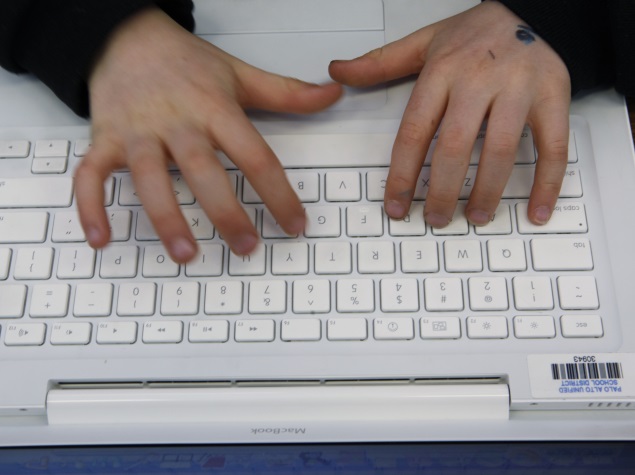- Home
- Internet
- Internet News
- China Lifts Blocks on Facebook, Google, Twitter at Beijing APEC Meet
China Lifts Blocks on Facebook, Google, Twitter at Beijing APEC Meet

The Asia-Pacific Economic Cooperation forum media centre has allowed reporters to access social networking sites such as Twitter, Facebook and video-sharing website YouTube. Access to such sites is essentially restricted by the Chinese government elsewhere in the country.
This is the first time China has loosened its Internet restrictions for a major international event. As the APEC's officials began their meetings in Beijing at the newly-built conference centre, ahead of November 10's world leaders meeting to be attended by US President Barack Obama among others, Beijing shed its heavy pollution overnight and glowed in the autumn weather providing big relief to smog weary people.
The clean weather was ensured after shutting down thousands of factories all around Beijing and nearby cities cutting down the sources of pollution. But a big surprise awaited the international media as all controls on the Internet were lifted at the massive APEC media room fitted with scores of laptops which connected with high-speed Internet unlike the excruciatingly slow connectivity in the rest of the city.
Scribes could easily log into global domains of Facebook, Twitter, YouTube and Google which can not be accessed in the country without the help of VPN (Virtual Private Network) connection. Media personnel could even freely search for the Dalai Lama news over Google which otherwise is totally banned.
China controls its Internet with massive firewalls to block the international social media from having a negative impact on the population.
Get your daily dose of tech news, reviews, and insights, in under 80 characters on Gadgets 360 Turbo. Connect with fellow tech lovers on our Forum. Follow us on X, Facebook, WhatsApp, Threads and Google News for instant updates. Catch all the action on our YouTube channel.
Related Stories
- Samsung Galaxy Unpacked 2026
- iPhone 17 Pro Max
- ChatGPT
- iOS 26
- Laptop Under 50000
- Smartwatch Under 10000
- Apple Vision Pro
- Oneplus 12
- OnePlus Nord CE 3 Lite 5G
- iPhone 13
- Xiaomi 14 Pro
- Oppo Find N3
- Tecno Spark Go (2023)
- Realme V30
- Best Phones Under 25000
- Samsung Galaxy S24 Series
- Cryptocurrency
- iQoo 12
- Samsung Galaxy S24 Ultra
- Giottus
- Samsung Galaxy Z Flip 5
- Apple 'Scary Fast'
- Housefull 5
- GoPro Hero 12 Black Review
- Invincible Season 2
- JioGlass
- HD Ready TV
- Latest Mobile Phones
- Compare Phones
- Tecno Pova Curve 2 5G
- Lava Yuva Star 3
- Honor X6d
- OPPO K14x 5G
- Samsung Galaxy F70e 5G
- iQOO 15 Ultra
- OPPO A6v 5G
- OPPO A6i+ 5G
- Asus Vivobook 16 (M1605NAQ)
- Asus Vivobook 15 (2026)
- Brave Ark 2-in-1
- Black Shark Gaming Tablet
- boAt Chrome Iris
- HMD Watch P1
- Haier H5E Series
- Acerpure Nitro Z Series 100-inch QLED TV
- Asus ROG Ally
- Nintendo Switch Lite
- Haier 1.6 Ton 5 Star Inverter Split AC (HSU19G-MZAID5BN-INV)
- Haier 1.6 Ton 5 Star Inverter Split AC (HSU19G-MZAIM5BN-INV)






![[Partner Content] OPPO Reno15 Series: AI Portrait Camera, Popout and First Compact Reno](https://www.gadgets360.com/static/mobile/images/spacer.png)









